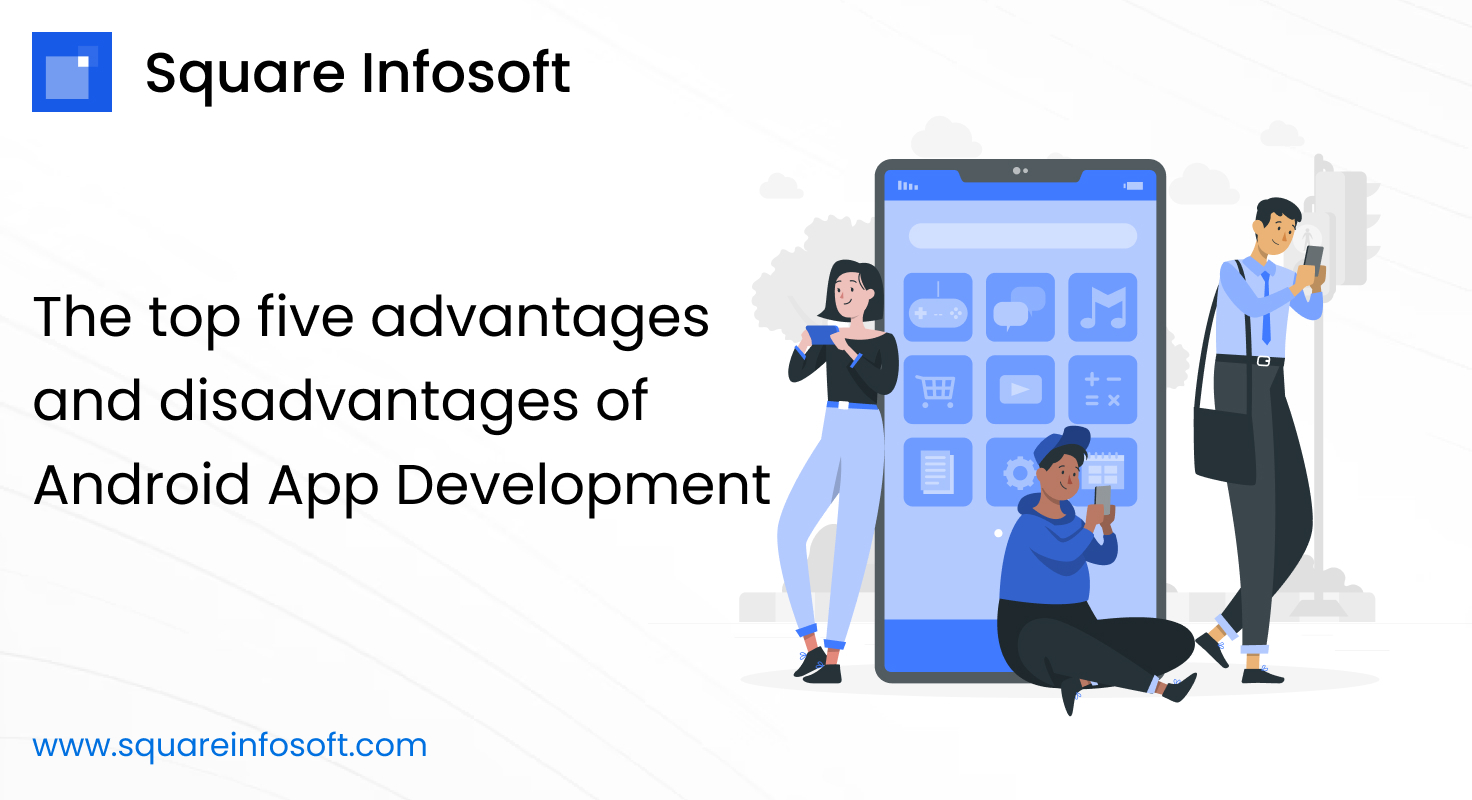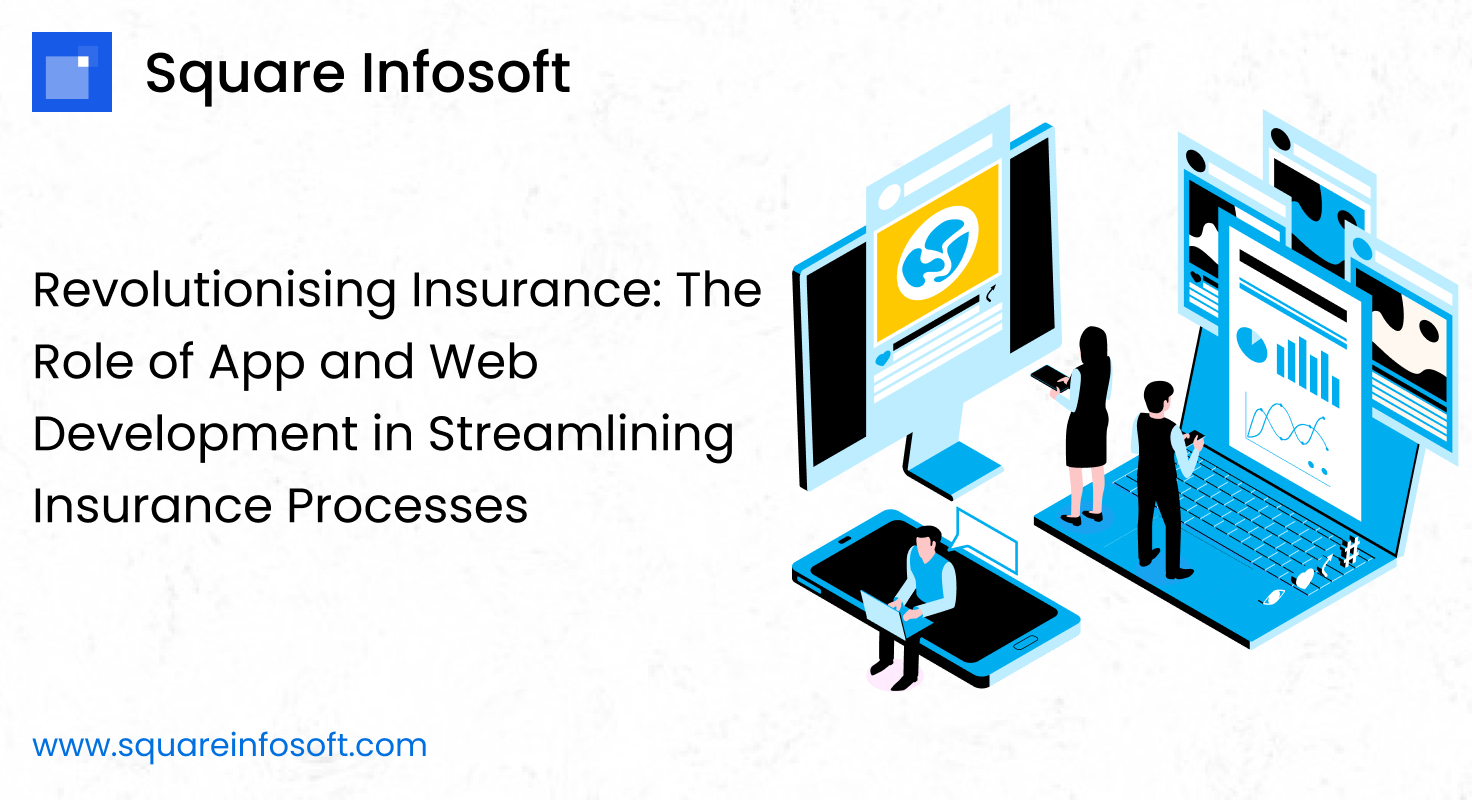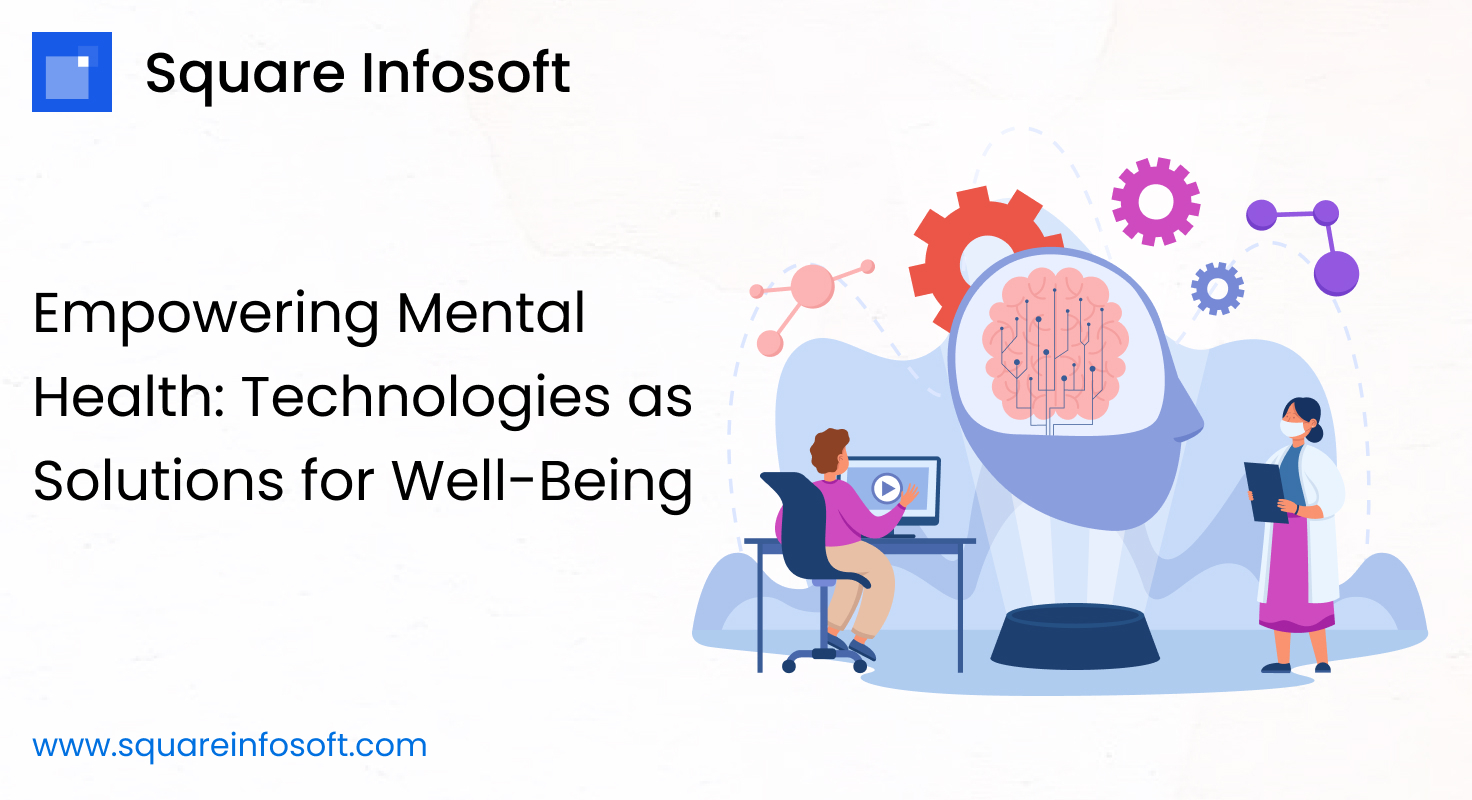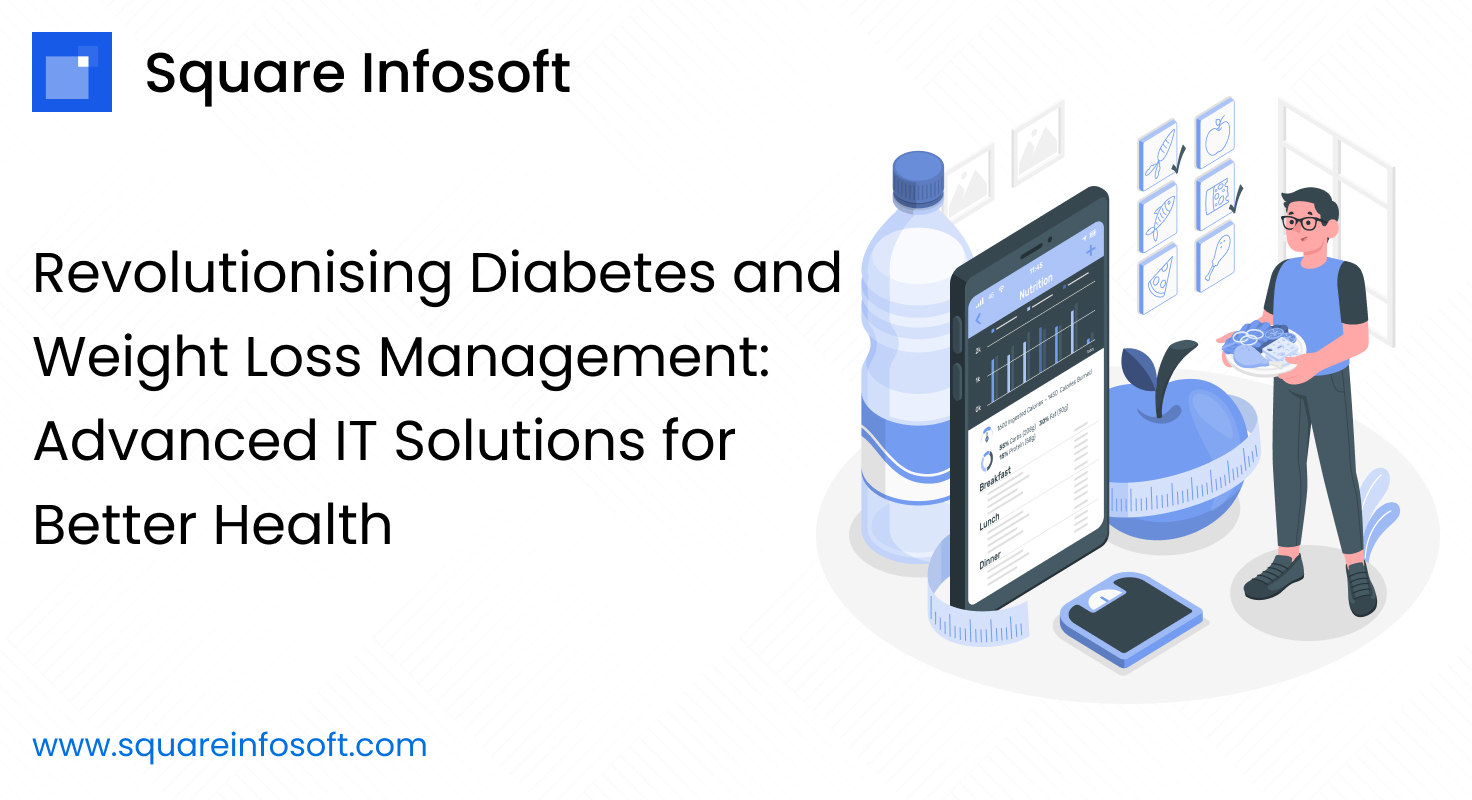Advantages of Android App Development:
- Market Share and User Base: Android has the largest market share in the mobile operating system market. Developing an Android app allows businesses to reach a broader audience and tap into a vast user base. With millions of active Android devices worldwide, there is immense potential for app visibility, user acquisition, and revenue generation.
- Open-Source Nature: Android is an open-source platform, which means developers have access to the Android Software Development Kit (SDK) and can customize and modify the platform to suit their needs. This flexibility enables developers to create innovative and feature-rich applications that leverage the full potential of the Android ecosystem.
- Multiple Distribution Channels: Unlike iOS, which has a single official distribution channel (the App Store), Android offers multiple distribution options. Developers can choose to publish their apps on the Google Play Store, third-party app stores, or distribute them directly through their websites. This provides more flexibility and control over app distribution and monetization strategies.
- Customizability and Fragmentation: Android allows for extensive customization and offers a wide range of device options with varying screen sizes, resolutions, and hardware capabilities. While this fragmentation can pose challenges for developers in terms of ensuring app compatibility across devices, it also presents opportunities to target specific user segments and tailor app experiences based on device capabilities.
- Integration with Google Services: Android integrates seamlessly with various Google services and APIs, such as Google Maps, Google Cloud Messaging (now Firebase Cloud Messaging), Google Analytics, and more. Leveraging these services can enhance the functionality and user experience of Android apps.. Additionally, Android offers deep integration with Google’s ecosystem, providing access to a comprehensive suite of tools and services for app development and promotion.
- Flexibility in Development: Android provides developers with a high degree of flexibility in terms of app development. Unlike iOS, which follows strict design guidelines and imposes certain restrictions, Android allows for more freedom in designing and developing apps. This flexibility enables developers to experiment with new features, designs, and functionalities, fostering innovation and creativity in app development.
- Rich Development Tools: Android offers a rich set of development tools and resources that facilitate the app development process. The Android SDK provides a comprehensive set of APIs, libraries, and tools for building powerful and feature-rich applications. Additionally, Android Studio, the official integrated development environment (IDE) for Android app development, offers a range of features such as code analysis, debugging tools, and performance profiling, making the development process more efficient and productive.
- Global Reach and Diversity: Android’s open-source nature and wide adoption globally make it an attractive platform for reaching diverse audiences across different regions and demographics. With Android devices available at various price points, from budget-friendly smartphones to high-end flagship devices, developers can target a broad spectrum of users with varying preferences and purchasing power. This global reach and diversity present significant opportunities for app monetization and revenue generation.
- Integration with Google Ecosystem: Android’s deep integration with Google’s ecosystem of services and products offers developers access to a wide range of tools and resources for enhancing app functionality and user experience. By leveraging Google services such as Maps, Analytics, Drive, and Firebase, developers can add powerful features to their apps, improve user engagement, and gather valuable insights for app optimization and marketing purposes.
- Community Support and Resources: The Android development community is vibrant and active, with a wealth of resources, forums, and communities available to support developers at every stage of the development process. From online tutorials and documentation to developer forums and communities such as Stack Overflow, developers have access to a vast repository of knowledge and expertise to help them overcome challenges, troubleshoot issues, and stay updated on the latest trends and best practices in Android app development.
Disadvantages of Android App Development:
- Fragmentation and Device Compatibility: The Android ecosystem is known for its fragmentation, with numerous device manufacturers, versions of the operating system, and hardware configurations. This presents a challenge for developers to ensure app compatibility and consistent user experiences across a wide range of devices. Testing and optimizing apps for various screen sizes, resolutions, and hardware configurations can be time-consuming and complex.
- Security Concerns: Due to Android’s open nature and diverse app distribution channels, the platform is more susceptible to security risks and malware compared to iOS. Developers need to pay extra attention to security practices, implement robust encryption, and follow best practices to protect user data and prevent unauthorized access or malicious activities.
- Longer App Approval Process: While Android offers more distribution options, the app approval process on the Google Play Store can be longer compared to iOS App Store. Google has stringent guidelines and policies to ensure app quality, security, and compliance. This may result in a longer waiting period for app approval and updates to be available to users.
- Device Fragmentation and Performance Optimization: Optimizing app performance and ensuring smooth user experiences across various Android devices can be challenging due to the wide range of hardware specifications, screen sizes, and software versions. Developers need to invest time and effort in performance testing, device-specific optimizations, and handling compatibility issues to deliver a consistent experience for users.
- Monetization Challenges: While Android provides various monetization options such as in-app purchases, advertisements, and subscriptions, generating substantial revenue from Android apps can be more challenging compared to iOS. Android users generally exhibit lower willingness to pay for apps, and the platform has a higher prevalence of ad-blocking software. Developers need to carefully consider their monetization strategies and explore alternative revenue streams to ensure profitability.
- Fragmentation and Compatibility Challenges: One of the biggest challenges in Android app development is fragmentation, which refers to the wide variety of devices, screen sizes, resolutions, and hardware configurations running different versions of the Android operating system. Ensuring app compatibility and consistent user experiences across this diverse ecosystem can be complex and time-consuming, requiring extensive testing and optimization efforts.
- App Quality and Optimization: With the proliferation of Android devices, maintaining app quality and performance standards can be challenging. Developers need to invest time and resources in optimizing their apps for various devices, screen sizes, and hardware specifications to deliver a seamless user experience. Failure to optimize apps adequately can result in negative user feedback, lower ratings, and reduced user retention.
- Monetization and Revenue Generation: While Android offers various monetization options such as in-app purchases, advertisements, and subscriptions, generating significant revenue from Android apps can be more challenging compared to iOS due to factors such as lower user willingness to pay, higher prevalence of ad-blocking software, and competition from free apps. Developers need to carefully strategize their monetization models and explore alternative revenue streams to maximize profitability.
- Security Vulnerabilities: Android’s open-source nature and fragmented ecosystem make it more susceptible to security vulnerabilities and malware attacks compared to iOS. Developers need to prioritize security best practices, implement robust encryption, and regularly update their apps to address security vulnerabilities and protect user data from unauthorized access and malicious activities.
- Device and OS Fragmentation: Keeping up with the rapid pace of Android OS updates and device releases can be challenging for developers. New OS versions and device models introduce compatibility issues and require developers to update their apps accordingly to ensure compatibility and compliance with the latest standards and features. Failure to do so can result in app compatibility issues, reduced performance, and negative user experiences.
Conclusion to Advantages and Disadvantages of Android App Development:
Android app development offers numerous advantages such as flexibility, rich development tools, global reach, and community support, it also presents challenges such as fragmentation, compatibility issues, monetization hurdles, security vulnerabilities, and the need to keep pace with OS and device updates. It’s important to note that while these advantages and disadvantages exist, they can vary based on the specific app, target audience, and business objectives. Developers should carefully consider these factors and make informed decisions when choosing the platform for app development. Developers should carefully weigh these factors and consider their specific requirements, target audience, and business objectives when deciding whether to develop for the Android platform. By addressing these challenges proactively and leveraging the platform’s strengths, developers can create successful and impactful Android apps that resonate with users and drive business growth.




